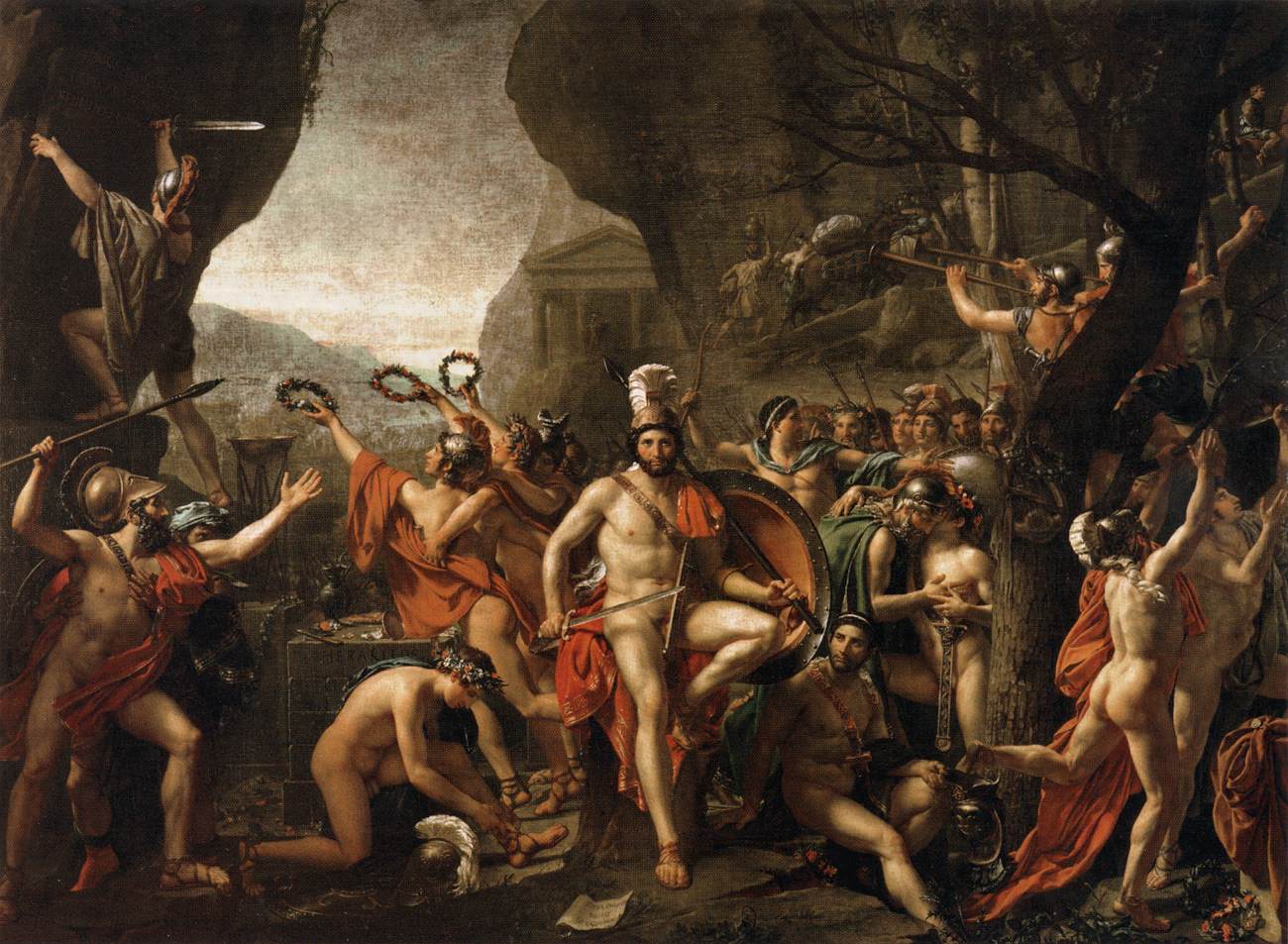
A Review of God of War
Like most people, I bought this game thinking it was the playstation version of the 1998 Brendan Fraser/Sir Ian McKellen vehicle Gods and Monsters. I was looking forward to a robust pool-cleaning sim interspersed with awkward intergenerational gay sex. This turned out to be something of a misconception. God of War is actually about a pale, extremely violent man named Kratos. Kratos sports a gothy pallor, an extreme sports goatee, and a livid red tribal surfer tattoo, yet he clearly could strangle with his muscular legs all of the subcultures which these affectations represent. He would not put up with any come-ons from Sir Ian McKellen either.
Kratos is living out a healthily bastardized version of the Hercules myth, but much like Hercules he is not enjoying most of it. It seems Ares, as Greco-Roman gods do, has made Kratos go nuts and kill his family. Kratos is out for revenge, big-style, and he will stab any number of people or mythological creatures to get it. The plot, a ridiculous pastiche of Greek myth, commits to being grim and nasty and thereby avoids the pitfalls of the singularly boneheaded Japanese video game style of allusion. You don’t have to collect the three Sacred Stones of HyperOlympus, and if some doe-eyed bobblehead suggested to Kratos that by working together and trying their best they could save the environment, Kratos would probably push her off a cliff. Shion from Xenosaga would last about one minute around Kratos. He would not appreciate it if she brought him curry.
Crossover fanfiction aside, this is a very good game. Kratos is a huge bad-ass, as mean and violent and singleminded as a character in a Cormac McCarthy novel, but he also fights his way through the game with a sinuous grace. Once you master the combat system, Kratos’ leaps and dodges become as important as the wide balletic arcs of his blades, and though Kratos may be a contender against Ian McKellan or a tiny, futuristic Japanese robotics engineer, he’s a little outclassed by most of the enemies in God of War. The game has one of the best balancing jobs I have ever seen: you never face a fight that’s impossible or unfair, but you never face an easy opponent either. Most of the monsters Kratos fights are Greek mythological figures given a sinister update: slavering, mad-eyed minotaurs and skull-faced Satyrs both make an appearance, as well as a colossal hydra and a fair number of centaurs who look as if they have wandered off a particularly savage chest-tattoo. Most of these enemies are bigger and stronger than Kratos, and they come at him in swarms, so be prepared for a challenge that may make you yell so loud at the TV that your frighten the dogs. The monsters are not Kratos’ only enemy: one particular challenge in which Kratos climbs giant, rotating bladed cylinders was so difficult that I developed carpal tunnel syndrome so severe that I now have to keep BOTH hands in leather gloves filled with Vaseline.
These hiccups aside, God of War delivers a much better experience than almost any other recent game (Resident Evil 4 rivals it, but suffers from some annoying Japanese video game clichés). The combat is always fun and rewards deep, ethnographic knowledge of the fighting controls (and the blocks and evasions are not simply ornaments!), there are some interesting puzzles, including a violent, ancient Greek version of Tetris, and Kratos manages to take the typical mindless rage of the video game protagonist and turn it into a satisfying character. At one point in the game, Kratos has just completed a ridiculous, enervating, grueling trial in order to obtain Pandora’s Box, which turns out to be the size and weight of a Toyota Scion Xb. He needs to bring the box back to Athens, and he is out in a giant temple in the desert, a temple that took three days climbing up sheer cliffs to reach. Kratos doesn’t even pause before he begins to push the box inch by tortuous inch back to the city. Perhaps the designers realized that actions sometimes can show character much more effectively than dialogue (and certainly better than the RPG stock phrase “…”), and that video games really ought to be relying on action. Eighteen thumbs up – it’s a Player’s Choice or something now too, so it’s only $20.

No comments:
Post a Comment